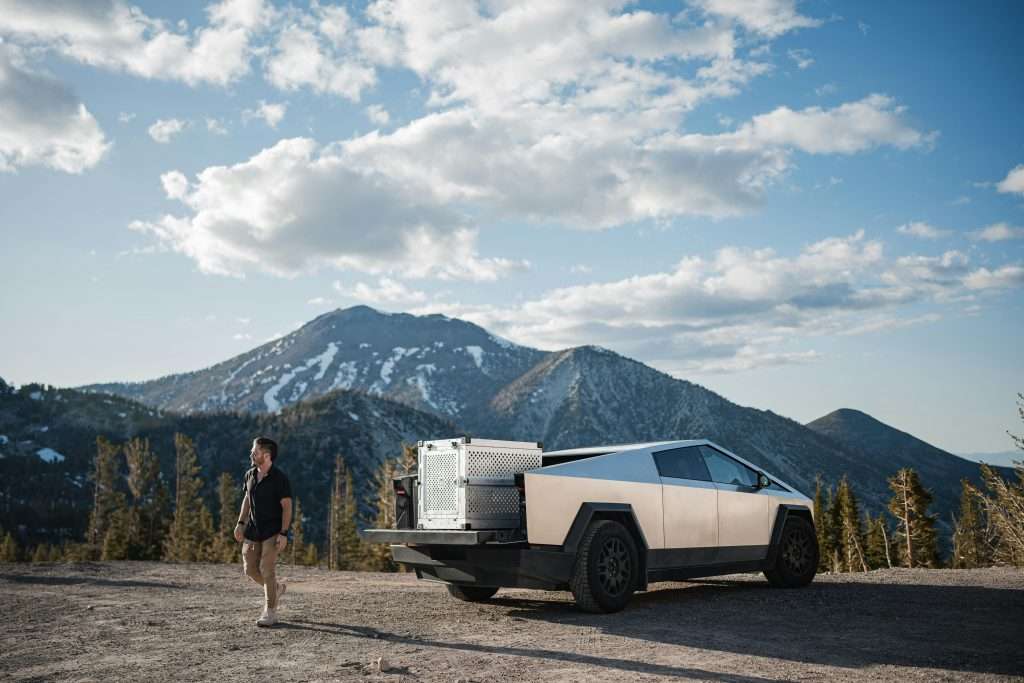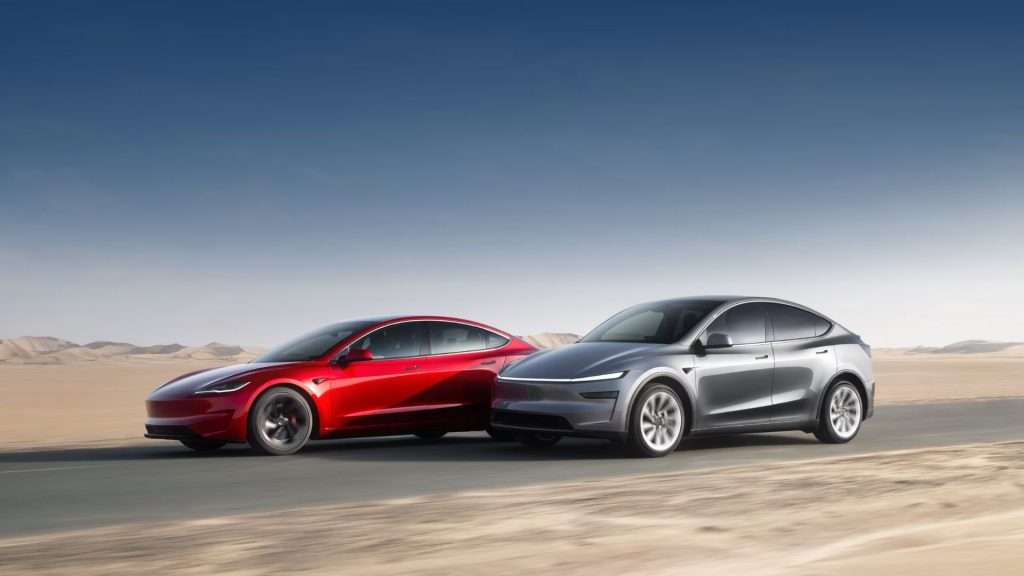Tesla has transformed the automotive industry, pioneering advancements in electric vehicle (EV) technology and sustainable energy. This blog dives into Tesla’s origin, its unique story, model lineup, cost, efficiency, energy innovations, Autopilot technology, and what people think of it, with insights into why Tesla is one of the most recognized EV brands globally.
Tesla’s Story and First Release
Founded in 2003 by engineers Martin Eberhard and Marc Tarpenning, Tesla’s journey truly began when Elon Musk joined in 2004 as chairman. Musk’s ambitious vision was to make sustainable energy mainstream, beginning with high-performance EVs. Tesla’s first commercial EV, the Roadster, launched in 2008, was groundbreaking, achieving 0-60 mph in just under four seconds and demonstrating that electric cars could rival gas-powered sports cars. Tesla’s official website offers an in-depth look into this early model and others.
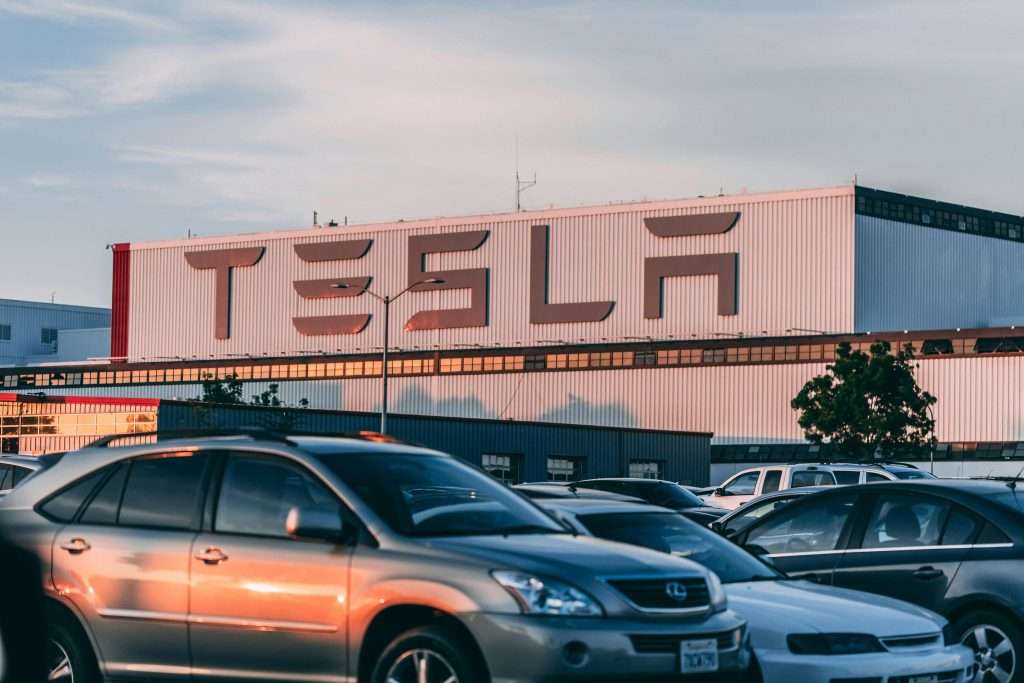
My Connection to Tesla
Tesla appeals to many tech enthusiasts, and for me, Tesla’s commitment to innovation resonates deeply. From Autopilot’s cutting-edge automation to the sustainable energy model, Tesla’s drive towards transforming transportation aligns with my own interests in tech and sustainability. Driving a Tesla feels futuristic, and it’s incredible to witness a car company push boundaries at every level.
Tesla Model Lineup
Tesla’s model lineup reflects its evolution from a single sports car to a diverse range of EVs that serve a wide audience. Here’s a breakdown:
- Roadster (2008) – Tesla’s first EV set a high-performance standard and achieved around 245 miles on a single charge.
- Model S (2012) – Known for its luxury and range, the Model S introduced Tesla to the mass market.
- Model X (2015) – A high-performance SUV with unique falcon-wing doors, showcasing Tesla’s innovative design.
- Model 3 (2017) – Tesla’s most affordable model aimed to bring EVs to a wider audience.
- Model Y (2020) – A versatile crossover SUV, blending practicality with performance.
- Cybertruck (TBA) – The yet-to-be-released Cybertruck is a futuristic take on pickups, designed with a bulletproof exoskeleton.
- Tesla Semi (TBA) – Aimed at the logistics industry, the Semi is Tesla’s commercial EV truck.
Tesla’s official Model Comparison page provides specific specs on each model for those looking to explore further.
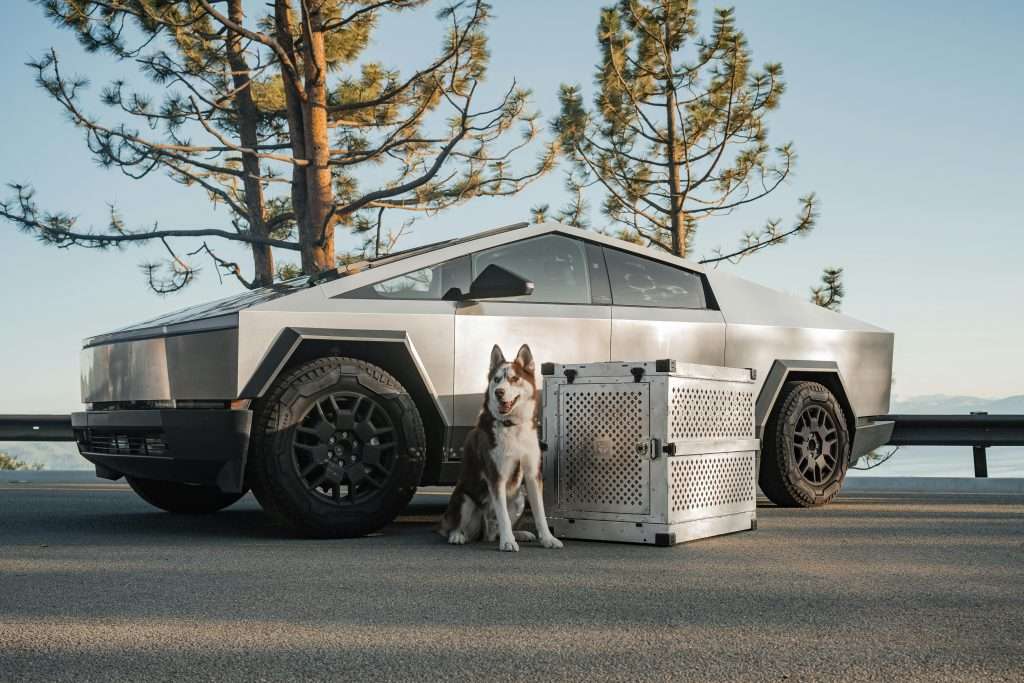
Tesla’s Unique Selling Points: Energy Innovation & Autopilot Technology
Energy Innovation
Tesla’s focus on energy efficiency isn’t limited to its EVs but extends to innovations in energy storage and renewable power. Tesla’s Powerwall and Solar Roof have paved the way for integrated energy solutions for homes, enhancing sustainable living with renewable energy storage and production. These initiatives help reduce grid dependency and optimize energy efficiency in day-to-day life.
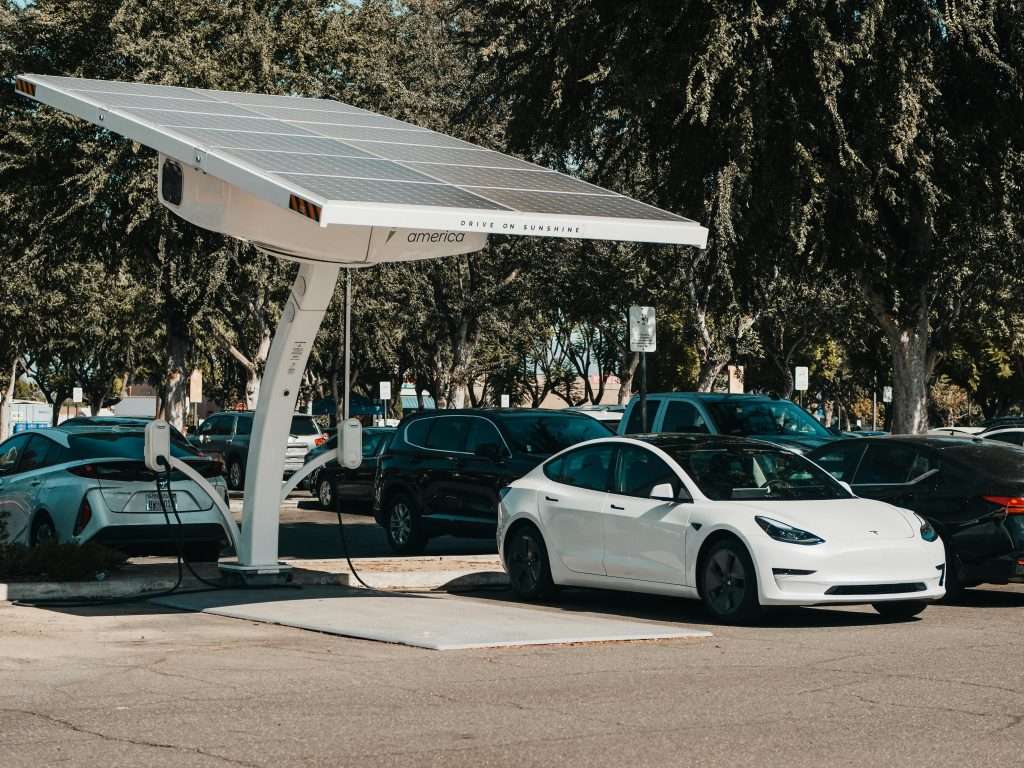
- Battery Technology: Tesla’s battery technology has set the standard for the EV industry. Their Gigafactories produce batteries at scale, making EVs more accessible. Tesla’s investments in battery recycling and energy efficiency aim to minimize the ecological footprint.
- Supercharger Network: Tesla’s global Supercharger network, available to Tesla owners, provides fast charging, making long-distance travel convenient. It’s an essential piece of the infrastructure puzzle for EVs, addressing range anxiety and charging convenience.
Autopilot and Full Self-Driving (FSD)
Tesla’s Autopilot feature is a landmark in automotive tech, integrating sensors, AI, and mapping to enable semi-autonomous driving. Autopilot allows lane-keeping, adaptive cruise control, and traffic-aware navigation, making highway driving safer and less tiring.
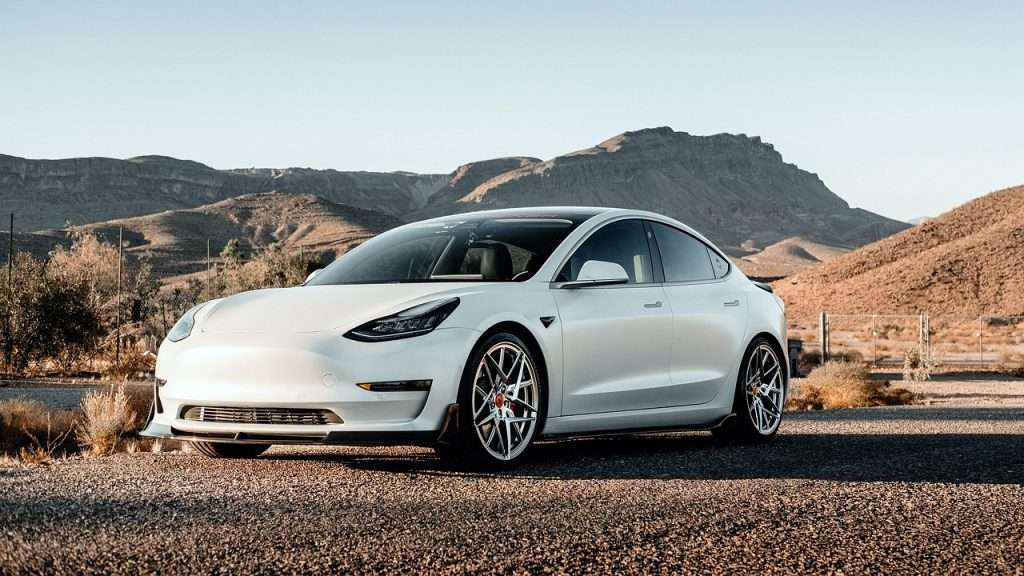
Full Self-Driving (FSD) takes it further, enabling urban navigation, parking, and even “Summon,” where your Tesla can come to you autonomously in a parking lot. Tesla’s dedication to improving FSD is evident in its commitment to ongoing software updates, ensuring that Teslas get smarter over time. Learn more about Tesla’s Autopilot and FSD features here.
Tesla’s Models and Costs
Here’s an overview of Tesla’s models and estimated starting prices (as of 2024):
- Model S – Starts at $89,990
- Model 3 – Starts at $39,990
- Model X – Starts at $99,990
- Model Y – Starts at $52,990
- Cybertruck – Estimated at $39,900 (pricing may vary)
- Roadster – Estimated at $200,000 (second-generation model)
Though prices are high compared to traditional vehicles, many buyers see it as an investment in technology and sustainability. Additionally, Tesla vehicles have a high resale value due to software updates and the brand’s strong reputation.
Efficiency and Environmental Impact
Tesla’s efficiency remains unmatched in the EV industry. The Model 3, for instance, achieves an EPA range of over 350 miles per charge, with each model progressively increasing in efficiency. Tesla’s proprietary battery technology and dedication to aerodynamics contribute to its vehicles’ impressive range.
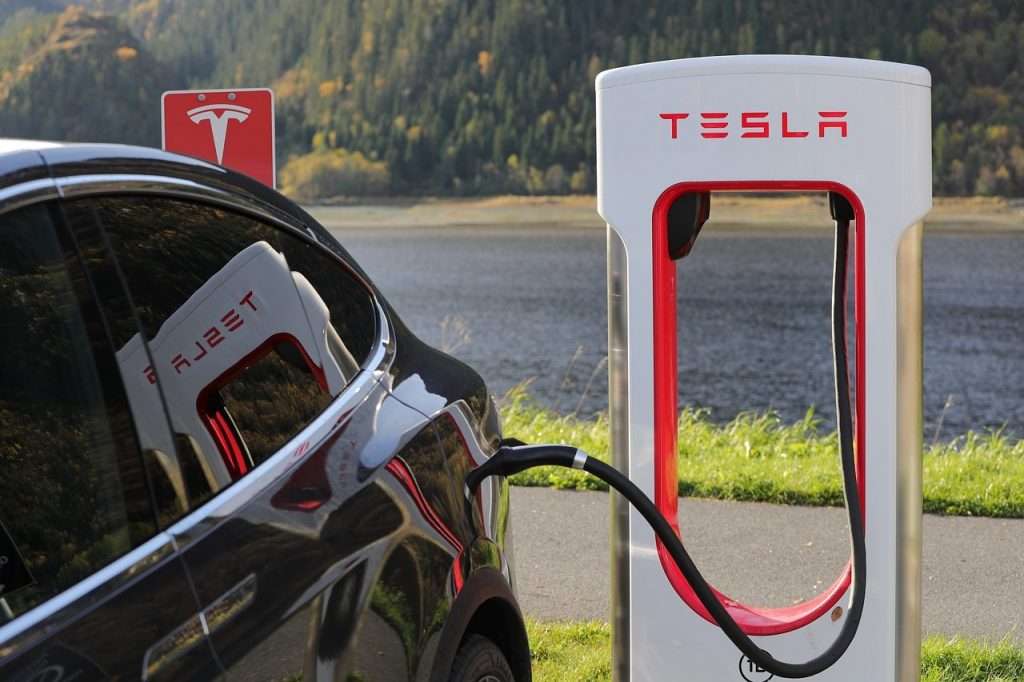
Tesla’s sustainability extends beyond EVs, with Gigafactories powered by renewable energy, energy-efficient batteries, and recyclable materials. This commitment to reducing waste and promoting renewable energy makes Tesla a pioneer in eco-friendly transportation.
What People Think About Tesla
Public perception of Tesla is mixed, with ardent fans and skeptics alike. Enthusiasts appreciate Tesla’s focus on innovation, sustainable technology, and customer-centric features. However, some concerns include Autopilot-related safety incidents, production delays, and Elon Musk’s public image affecting the brand.
Despite these critiques, Tesla has built a community of dedicated owners who appreciate the technology, sustainable vision, and constant software updates. Some forums, such as Tesla Motors Club, are hubs where owners share experiences, reviews, and tips.
Final Thoughts
Tesla’s rise from a startup to an EV powerhouse symbolizes innovation in the automotive industry. By focusing on sustainable energy, cutting-edge technology, and consumer-centric features, Tesla has proven that EVs can be powerful, efficient, and appealing. From the revolutionary Autopilot to the upcoming Cybertruck, Tesla continues to push boundaries, making it one of the most influential car manufacturers in history.
This blog barely scratches the surface of Tesla’s impact. Whether you’re a tech enthusiast, a car aficionado, or someone interested in sustainability, Tesla’s journey reflects the potential of innovation to drive meaningful change in our world.
About Us
- Akhil Boddu’s YouTube Channel – Follow my vlogs for personal experiences and tips.
- Code With Me YouTube Channel – Explore tech tutorials and coding advice.
- Weblog Trips LinkedIn – Connect with me on LinkedIn for more insights and discussions.
If the information you are looking for is not available here, please contact us. Additionally, follow us on our social media platforms for updates and more information.

